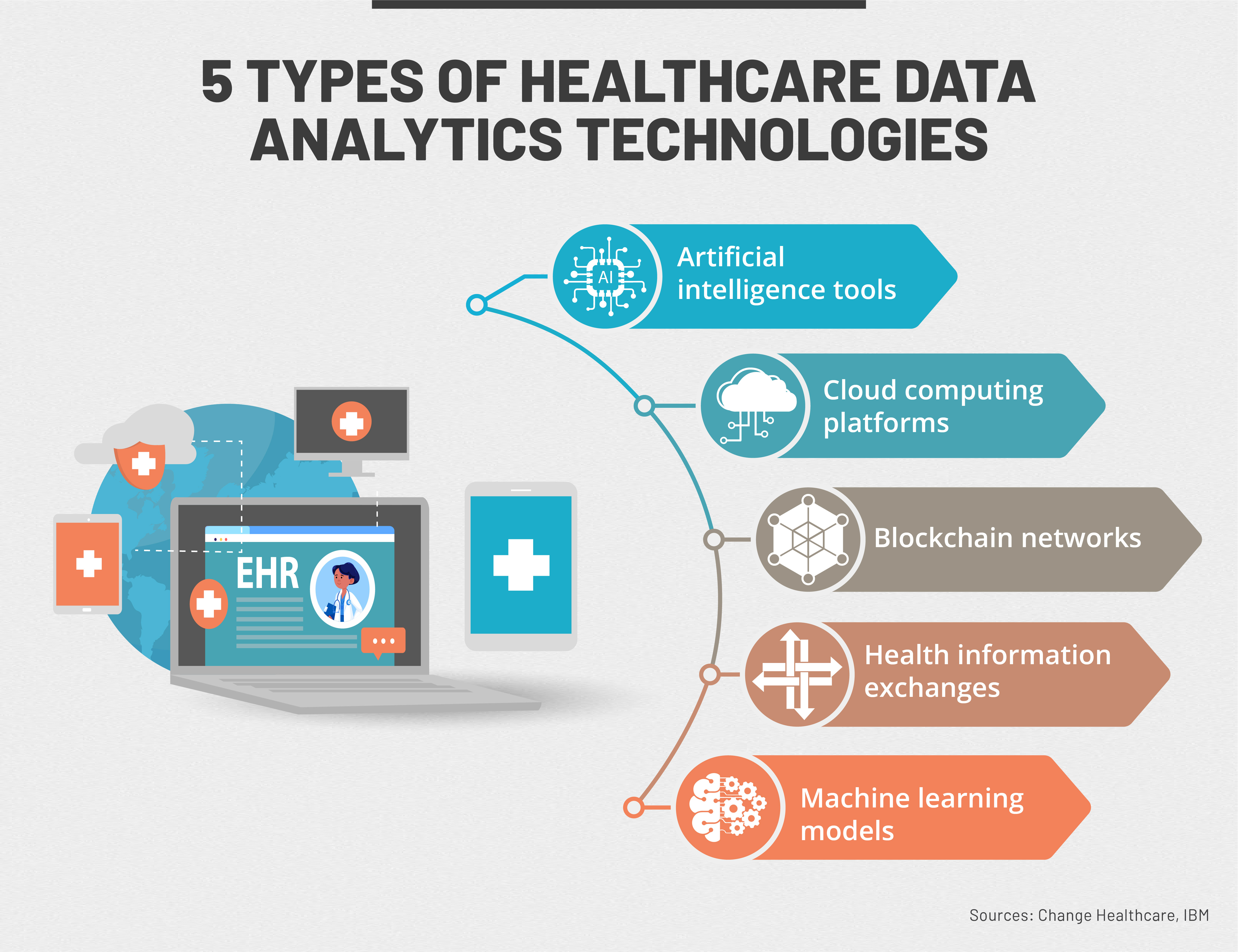

Unlocking Wellness Insights with Health Data Analytics Tools
In the ever-evolving landscape of healthcare, the utilization of health data analytics tools has become instrumental in uncovering valuable insights that can revolutionize patient care, optimize operations, and advance medical research. This article explores the transformative impact of health data analytics tools, delving into their diverse applications and the promising future they hold for the healthcare industry.
Harnessing Big Data for Informed Decision-Making
Health data analytics tools leverage big data to provide healthcare professionals with a wealth of information that can inform decision-making at various levels. From individual patient care to broader public health initiatives, the ability to analyze vast datasets allows for evidence-based decisions. These tools assist in identifying patterns, trends, and correlations within health data, enabling healthcare providers to make informed choices that positively impact patient outcomes.
Improving Patient Outcomes and Personalized Care
One of the primary benefits of health data analytics tools is their contribution to improving patient outcomes and facilitating personalized care. By analyzing individual health data, including electronic health records, wearable device data, and lifestyle information, healthcare providers can tailor treatment plans to meet the specific needs of each patient. This personalized approach enhances treatment efficacy and patient satisfaction while fostering a more patient-centric healthcare model.
Enhancing Disease Prevention and Early Detection
Health data analytics tools play a crucial role in disease prevention and early detection. By analyzing population health data, these tools can identify at-risk groups and potential health threats. This proactive approach enables healthcare professionals to implement preventive measures, such as targeted screenings and interventions, reducing the overall burden of diseases and improving community health.
Optimizing Operational Efficiency in Healthcare Institutions
Beyond patient care, health data analytics tools contribute to optimizing operational efficiency within healthcare institutions. These tools assist in streamlining administrative processes, resource allocation, and workflow management. By identifying areas for improvement and cost-saving measures, healthcare organizations can enhance overall efficiency, allowing for better utilization of resources and improved service delivery.
Facilitating Research and Advancements in Medicine
Health data analytics tools serve as valuable assets in medical research, contributing to advancements in understanding diseases, treatment efficacy, and population health trends. Researchers can analyze large datasets to identify potential breakthroughs, discover novel treatment pathways, and gain insights into the underlying causes of various medical conditions. The collaborative nature of health data analytics accelerates the pace of medical discoveries and innovation.
Addressing Public Health Challenges with Data-Driven Insights
In the realm of public health, health data analytics tools offer powerful insights for addressing major challenges. From managing disease outbreaks to planning public health interventions, these tools provide a data-driven foundation for decision-making. By understanding the dynamics of public health issues, authorities can implement targeted strategies to mitigate risks and protect communities.
Ensuring Data Security and Privacy in Health Analytics
The widespread use of health data analytics tools raises concerns about data security and privacy. Safeguarding sensitive health information is paramount to maintain public trust and comply with regulatory standards. Implementing robust security measures, encryption protocols, and ethical data handling practices are essential to mitigate risks and ensure the responsible use of health data analytics tools.
The Role of Artificial Intelligence in Health Data Analytics
Artificial Intelligence (AI) is increasingly integrated into health data analytics tools, enhancing their capabilities. AI algorithms can analyze complex datasets, identify intricate patterns, and generate predictive models. This integration empowers healthcare professionals with more sophisticated tools for diagnosis, treatment planning, and preventive care, ushering in a new era of precision medicine.
Exploring the Future of Health Data Analytics Tools
To delve deeper into the evolving landscape of health data analytics tools and their potential to reshape healthcare, visit Health Data Analytics Tools. This link connects you to a hub of information, offering insights into the latest developments in health analytics and its transformative impact on patient care, research, and public health initiatives.
Conclusion: Transforming Healthcare through Data Insights
In conclusion, health data analytics tools are pivotal in transforming healthcare through data-driven insights. From improving individual patient outcomes to addressing public health challenges, the applications of these tools are vast and promising. As technology continues to advance, the future of health data analytics holds the potential for even greater precision, efficiency, and innovation in healthcare delivery.







:max_bytes(150000):strip_icc()/About-A53-YChestPress-719-c0225c885f6347e1a7c52bab2fdc2bb8.jpg)

